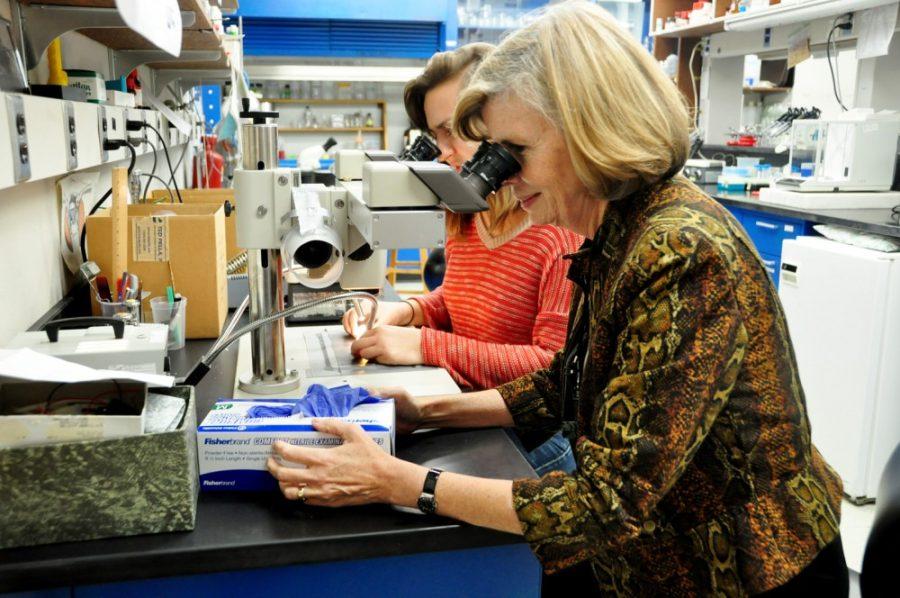Could broccoli treat breast cancer?
The University of Arizona Cancer Center is currently seeking women who are at risk of developing breast cancer, or those who have previously been treated for early-stage breast cancer, to participate in a study designed to determine if the drug Tamoxifen can enhance their treatment.
Tamoxifen is a hormonal treatment for breast cancer that targets estrogen in the body in order to increase the metabolic life of the hormone. The study will also determine whether a compound found in cruciferous vegetables, diindolylmethane, can improve Tamoxifen in the body. These compounds can be found in cauliflower, Brussels sprouts and broccoli. The compound will be administered via a capsule that patients will have to take once a day for three months prior to the trial. Once the trial begins, patients will take a placebo twice a day for 18 months.
The center currently has 50 patients enrolled in the study, and aims to recruit 170 patients by December 2013. The study is funded until 2015 through a $3-million grant from the National Cancer Institute.
Students plan ahead
Unlike in previous years, Campus Health Service has not seen an increase in requests for the morning-after pill, an emergency contraceptive pill. Although here are two different ways to take the pill, Campus Health recommends the tablet meant to be taken within 72 hours of unprotected sex, rather than the two-step dose.
According to Eileen Devlin, supervisor of the Women’s Health Clinic, there is also a drug that has some efficacy for up to five days, but it requires a prescription.
Campus Health dispenses instructions and clarification about birth control as well as educating students about the risks of contracting sexually transmitted diseases through unprotected sex.








